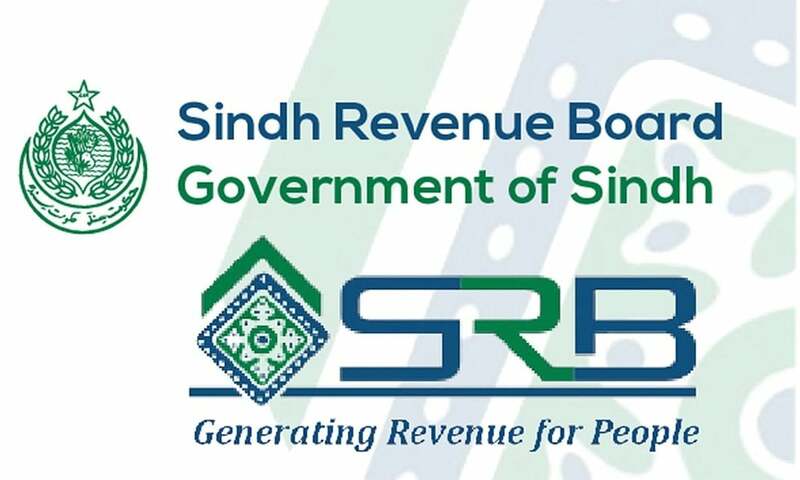PTBP Web Desk
The Sindh Provincial Cabinet has approved the Agricultural Income Tax (AIT) Law, marking a significant reform in the province’s agricultural taxation system. The new legislation designates the Sindh Revenue Board (SRB) as the primary authority responsible for the collection and enforcement of agricultural income tax. This move is part of a broader effort to streamline tax collection, promote transparency, and ensure equitable contributions from the agricultural sector.
The AIT Law, which aligns with the National Fiscal Pact between the provinces and the federal government, is set to be introduced in the Sindh Assembly. Once enacted, the law will come into effect on January 1, 2025, introducing a comprehensive framework for taxing agricultural income.
The newly approved AIT Law introduces several key features aimed at creating a fair and progressive taxation system for the agricultural sector. These include tax exemptions for low-income farmers, a progressive tax structure for higher income brackets, and a super tax on ultra-high agricultural incomes.
Tax Exemptions for Small Farmers
Under the new law, agricultural income up to Rs600,000 annually will remain tax-exempt. This provision is designed to protect small-scale farmers and ensure that those with limited income are not burdened by additional taxes.
Progressive Tax Rates
For incomes exceeding Rs600,000, the tax rates will vary based on income brackets. The maximum tax rate of 45% will apply to agricultural incomes above Rs5.6 million annually. This progressive structure ensures that higher-income farmers contribute a larger share of their earnings to the provincial treasury.
Introduction of Super Tax
A notable feature of the AIT Law is the introduction of a super tax on ultra-high agricultural incomes. Agricultural income up to Rs150 million will be exempt from the super tax. However, incomes above Rs500 million will be subject to a 10% super tax rate. This measure aims to address income inequality and generate additional revenue for the province.
Corporate Farming Tax Structure
The legislation also addresses corporate farming, implementing a two-tier tax system. Small companies engaged in agricultural activities will pay a 20% tax on their annual agricultural income, while large companies will face a higher rate of 29%. This distinction ensures that larger agricultural enterprises contribute proportionally more to the provincial revenue.
The SRB has been designated as the primary authority responsible for the collection and enforcement of agricultural income tax under the new AIT Law. This decision reflects the government’s confidence in the SRB’s ability to efficiently manage tax collection and ensure compliance.
The SRB will play a crucial role in implementing the new tax framework, including:
Conducting awareness campaigns to educate farmers about the new tax regulations.
Developing a streamlined process for tax filing and payment.
Ensuring transparency and accountability in tax collection.
Enforcing penalties for non-compliance to deter tax evasion.
The introduction of the AIT Law is expected to have far-reaching implications for Sindh’s agricultural sector. By introducing a structured and progressive tax system, the government aims to:
Promote equity by ensuring that higher-income farmers and corporate entities contribute their fair share.
Generate additional revenue to fund development projects in the agricultural sector and beyond.
Encourage transparency and accountability in financial reporting among farmers and agricultural companies.
However, the success of the new tax regime will depend on effective implementation and enforcement. The SRB will need to work closely with farmers, agricultural associations, and other stakeholders to address potential challenges and ensure a smooth transition.
The AIT Law is aligned with the National Fiscal Pact, a framework designed to harmonize tax policies between the provinces and the federal government. By adopting this legislation, Sindh is taking a significant step toward fulfilling its commitments under the pact and contributing to the overall economic stability of the country.
With the approval of the Sindh Provincial Cabinet, the AIT Law is now ready for introduction in the Sindh Assembly. Once passed, the law will undergo a phased implementation process, with the new tax framework taking effect from January 1, 2025.
In the meantime, the SRB will focus on preparing for its new role, including developing the necessary infrastructure, training staff, and engaging with stakeholders to ensure a seamless transition.




